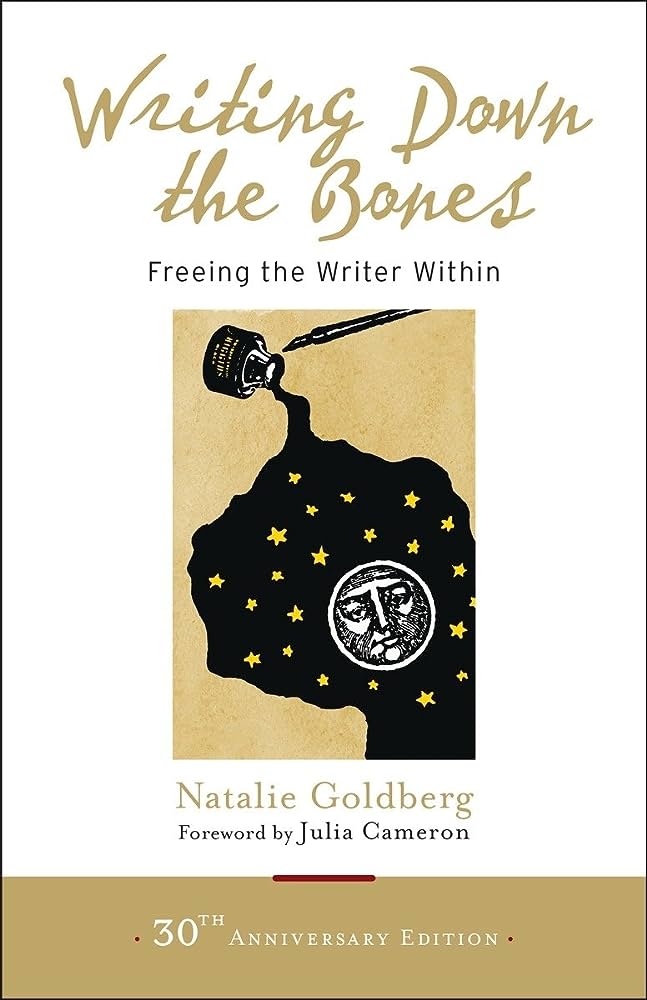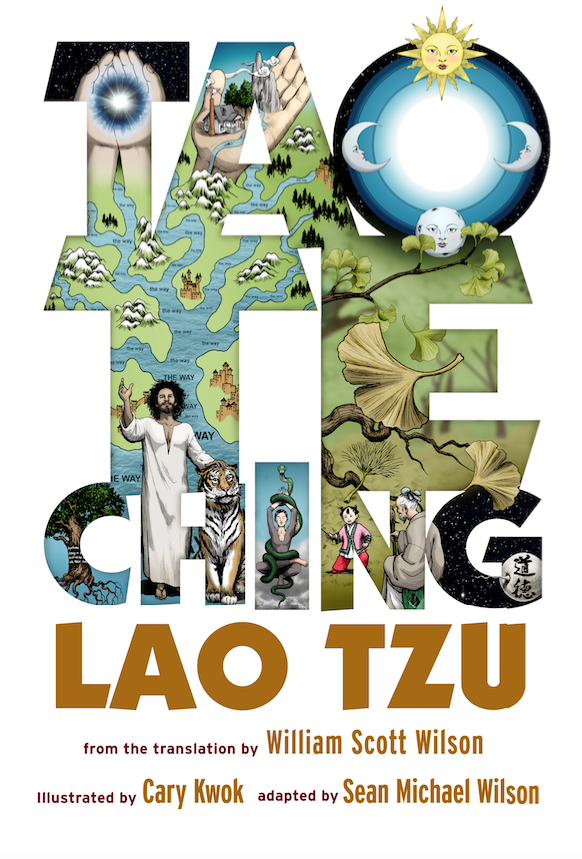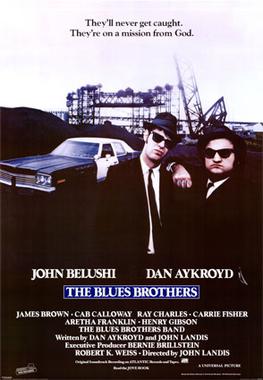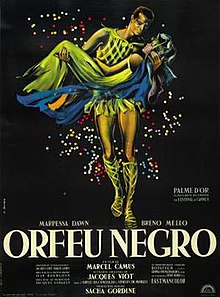In the early nineties (it might have been 1992, but it’s hard to remember when you’re having a good time) I joined a rock-and-roll band composed mostly of writers. The Rock Bottom Remainders were the brainchild of Kathi Kamen Goldmark, a book publicist and musician from San Francisco. The group included Dave Barry on lead guitar, Ridley Pearson on bass, Barbara Kingsolver on keyboards, Robert Fulghum on mandolin, and me on rhythm guitar. There was also a trio of “chick singers,” à la the Dixie Cups, made up (usually) of Kathi, Tad Bartimus, and Amy Tan.
The group was intended as a one-shot deal—we would play two shows at the American Booksellers Convention, get a few laughs, recapture our misspent youth for three or four hours, then go our separate ways.
It didn’t happen that way, because the group never quite broke up. We found that we liked playing together too much to quit, and with a couple of “ringer” musicians on sax and drums (plus, in the early days, our musical guru, Al Kooper, at the heart of the group), we sounded pretty good. You’d pay to hear us. Not a lot, not U2 or E Street Band prices, but maybe what the oldtimers call “roadhouse money.” We took the group on tour, wrote a book about it (my wife took the photos and danced whenever the spirit took her, which was quite often), and continue to play now and then, sometimes as The Remainders, sometimes as Raymond Burr’s Legs. The personnel comes and goes—columnist Mitch Albom has replaced Barbara on keyboards, and Al doesn’t play with the group anymore ‘cause he and Kathi don’t get along—but the core has remained Kathi, Amy, Ridley, Dave, Mitch Albom, and me . . . . plus Josh Kelly on drums and Erasmo Paolo on sax.
We do it for the music, but we also do it for the companionship. We like each other, and we like having a chance to talk sometimes about the real job, the day job people are always telling us not to quit. We are writers, and we never ask one another where we get our ideas; we know we don’t know.
One night while we were eating Chinese before a gig in Miami Beach, I asked Amy if there was any one question she was never asked during the Q-and-A that follows almost every writer’s talk—that question you never get to answer when you’re standing in front of a group of author-struck fans and pretending you don’t put your pants on one leg at a time like everyone else.
Amy paused, thinking it over very carefully, and then said: “No one ever asks about the language.”
I owe an immense debt of gratitude to her for saying that. I had been playing with the idea of writing a little book about writing for a year or more at that time, but had held back because I didn’t trust my own motivations— why did I want to write about writing? What made me think I had anything worth saying?
The easy answer is that someone who has sold as many books of fiction as I have must have something worthwhile to say about writing it, but the easy answer isn’t always the truth. Colonel Sanders sold a hell of a lot of fried chicken, but I’m not sure anyone wants to know how he made it. If I was going to be presumptuous enough to tell people how to write, I felt there had to be a better reason than my popular success. Put another way, I didn’t want to write a book, even a short one like this, that would leave me feeling like either a literary gasbag or a transcendental asshole. There are enough of those books—and those writers —on the market already, thanks.
But Amy was right: nobody ever asks about the language. They ask the DeLillos and the Updikes and the Styrons, but they don’t ask popular novelists.
Yet many of us proles also care about the language, in our humble way, and care passionately about the art and craft of telling stories on paper. What follows is an attempt to put down, briefly and simply, how I came to the craft, what I know about it now, and how it’s done. It’s about the day job; it’s about the language.
This book is dedicated to Amy Tan, who told me in a very simple and direct way that it was okay to write it.










Shhhhh.... the corpodrones will hear you. They haven't relinquished the copyright - they've been hunting Space Ghost to extinction everywhere on the internet.
Seriously though, licensing and an aggressive anti-piracy campaign have pretty much wiped Space Ghost from most places online, and the daft motherfucker is a cultural icon. So it sure sure is great that the Internet Archive, knowing it's days were numbered, absolutely doesn't have a full download link for all the episodes in the lower right hand panel so you glorious bastards can do what you do best and make sure it doesn't get locked away behind a corporate paywall or vault for the next 30 years... because that would be illegal and wrong and cost a couple of pennies to the assholes who have every writer in Hollywood out on the street striking.
In fact, I'd say recent developments towards the centralization, sterilization and capitalization of our culture have become so extreme that subversive action is not just justified, but inevitable at this point.
In other words, surf's up, mateys! Time to ride the waves and sail the high seas again... Space Ghost needs our help!